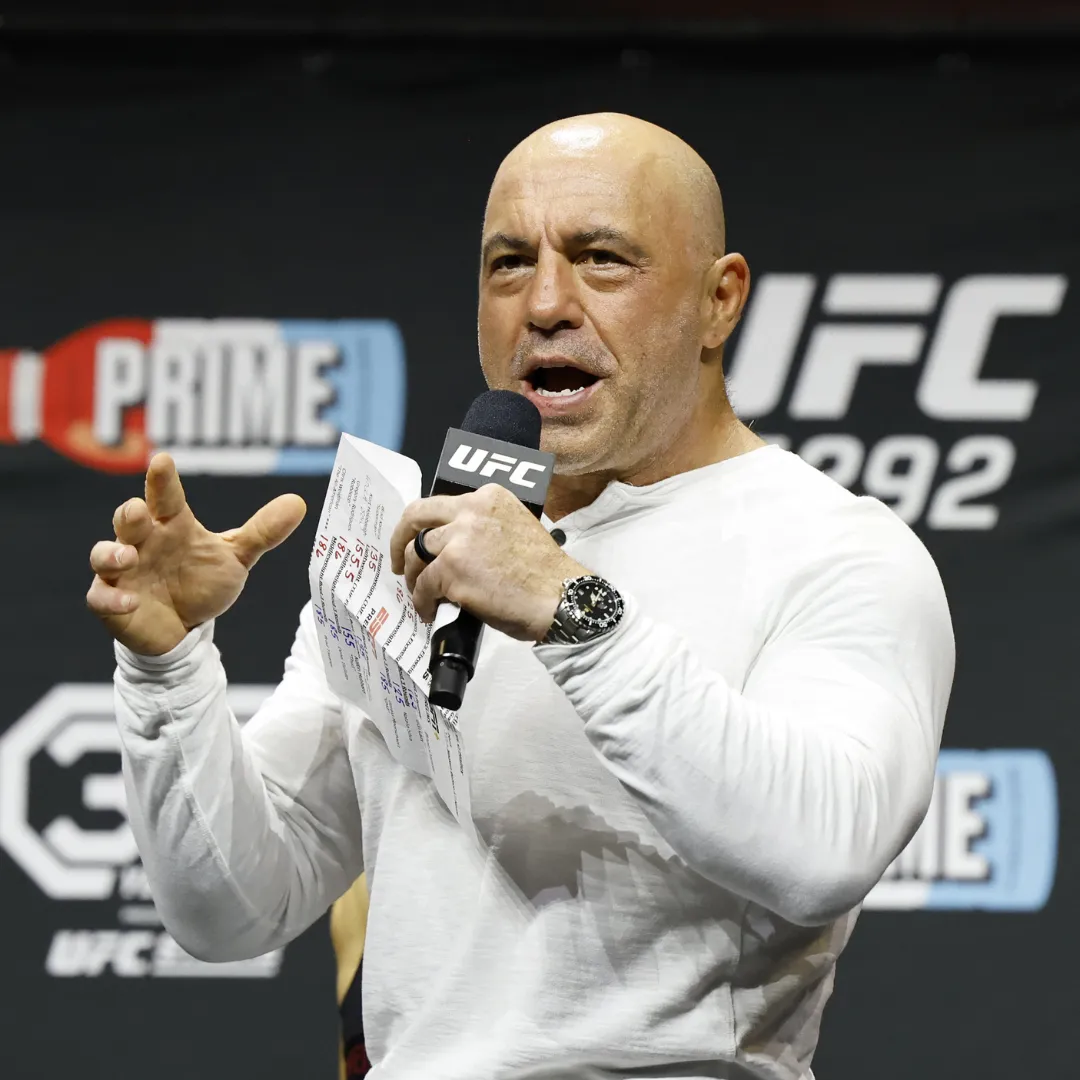
Joe Rogan, host of one of the world’s most popular podcasts, The Joe Rogan Experience, has accused establishment media of orchestrating a years-long psychological operation (“psy-op”) against President-elect Donald Trump.
According to Rogan, the media, once friendly to Trump, has spent years distorting his image to portray him as dangerous.
Rogan, who played a pivotal role in the 2024 election by interviewing Trump and endorsing him just before the vote, believes this effort represents a turning point in media credibility.
On a recent episode of his podcast, featuring comedians Shane Gillis, Mark Normand, and Ari Shaffir, Rogan criticized the shift in media coverage of Trump, contrasting it with the early 2000s when Trump was embraced by entertainment and media circles.
He cited appearances like Trump’s 2012 guest spot on The View, where he was cheered, and a previous interview with Oprah, where she encouraged him to consider a presidential run.
“What we saw is the greatest media psy-op in history,” Rogan declared, referencing the stark shift from admiration to condemnation. He played clips from past interviews to emphasize how the narrative around Trump has been manipulated.
Rogan accused legacy media of distorting public perception, stating, “What you’re seeing with Trump, regardless of his flaws, is a massive concentrated psy-op. They’ve distorted who he is to the point where most people think that way.”

When comedian Mark Normand asked for clarification on the term “psy-op,” Rogan explained, “Psychological operation. It’s when they distort people’s perceptions of reality.”
The group also discussed the apparent double standards in political narratives. Shaffir highlighted how many older liberals are shocked to learn that former President Obama deported more immigrants than Trump, a fact that conflicts with mainstream portrayals.
Rogan further pointed to a 2008 recording of Hillary Clinton, then Secretary of State, where she called for strict immigration measures, including deporting criminals and imposing fines on undocumented immigrants.
“Hillary Clinton was more MAGA than Trump in 2008,” Rogan exclaimed. The guests expressed surprise at the similarities between her comments and Trump’s immigration policies, joking about how much political rhetoric is shaped by convenience.
When asked why, Rogan credited independent platforms like podcasts and social media, particularly platforms like X, for disrupting traditional media narratives.
Rogan’s commentary highlights a growing distrust of legacy media and a shifting landscape where alternative platforms are challenging traditional information gatekeepers.





